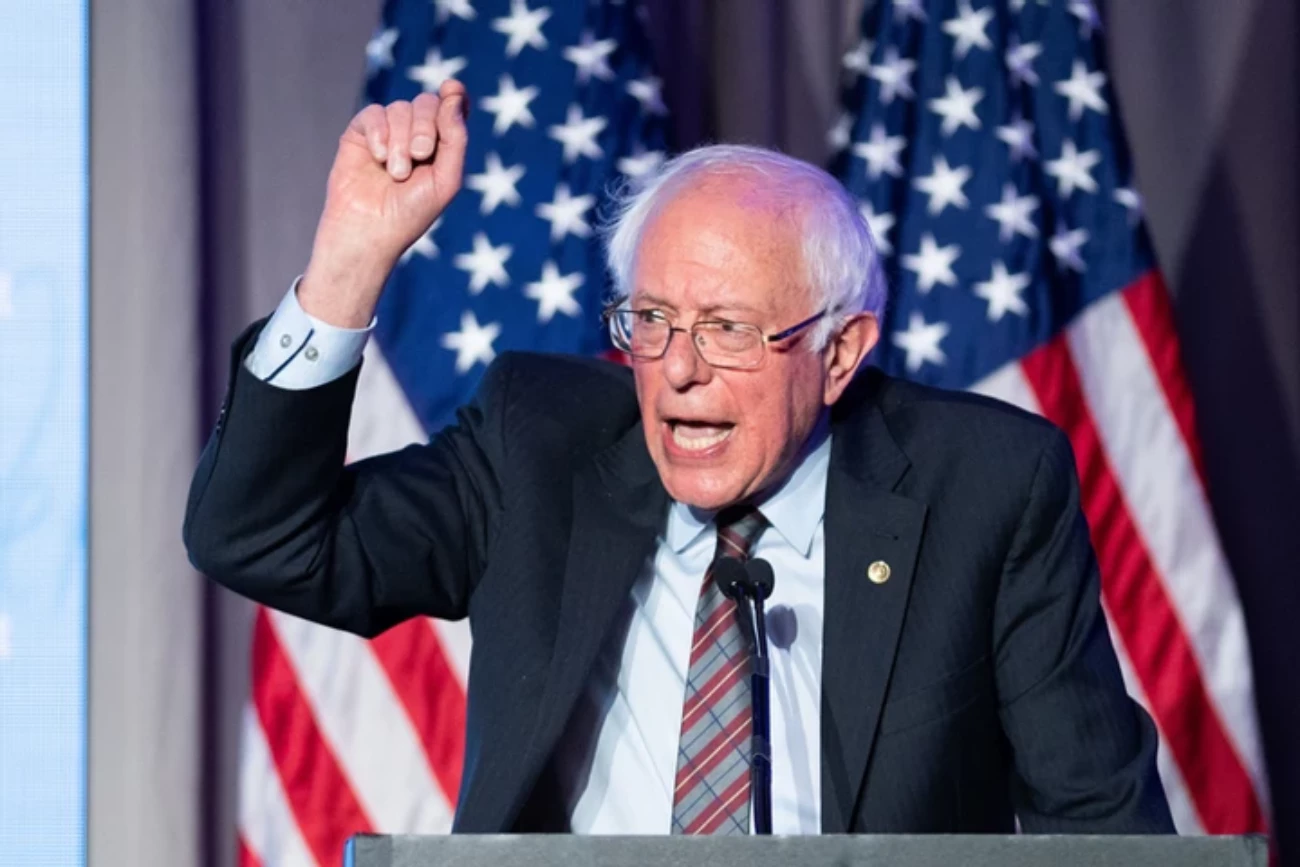Wow, is it mid-February already? With everything that’s happened in politics, it feels like an entire year has been packed into six weeks. In honor or President’s Day, we thought we’d dig in.
While there’s been a lot going on, we’re focused on two of the biggest political storylines of the year that could have major impacts on your ability to access healthcare.
The first was the longest government shutdown in history, which lasted 35 days. During the shutdown, federal employees did not receive paychecks, national parks were unstaffed — causing damage that will take years to overcome — and Native American tribes lost access to healthcare.
The second has been the slew of candidates announcing Presidential bids; many of whom are making healthcare a central piece of their campaign. While many Americans are looking for changes to our current healthcare system, it’s unclear what exactly these changes would be or how they would take shape. In many cases, the terms being thrown around are being used in a vague manner or straight up incorrectly, causing confusion that will ultimately leave people disappointed by getting something different than what they were expecting.
"While many Americans are looking for changes to our current healthcare system, it’s unclear what exactly these changes would be or how they would take shape. In many cases, the terms being thrown around are being used in a vague manner or straight up incorrectly."
Senator Kamala Harris, a supporter of Senator Bernie Sanders’ Medicare-for-All bill, suggested we “move on” from private insurance altogether. Senator Cory Booker is advocating for a public option to purchase Medicare plans. Senator Amy Klobuchar wants to lower the age to access Medicare from 65 to 50 years old.
At TouchCare, our tagline is “A Healthier Understanding of Healthcare.” We cut through the noise to educate people on how to make better healthcare and insurance-related decisions. Given the complexity, impact, and spotlight on healthcare right now, we felt it important for folks to be educated on how their vote impacts the future of healthcare.
There are a lot of terms to break down with these new proposals, including “public option,” “single-payer,” and “universal health care.” In some cases, these terms are being used interchangeably despite the fact that they offer different outcomes.
Let’s break them down:
-
Single Payer – A true single-payer system would be a federally run program in which private insurance companies wouldn’t participate. This is often conflated with Medicare-For-All by some politicians, in a way that feels intentionally misleading. Medicare, however, works with private insurance companies to ensure everyone’s health care is covered. Under a single payer system, the government would be the sole administrator of healthcare. Thereby clearly different than a true Medicare-For-All option that would inherently allow for some administration by private insurance companies.
-
Universal Health Care – This is the most dubious term, because it’s more of an ideal than a policy. Does it mean everyone has the option to purchase affordable access to health care? Does it mean everyone is covered by a federal program? Does it mean children and seniors are covered by government programs while working adults have private insurance? It could mean any of those things.
-
Public Option – The public option is probably the easiest to wrap your head around. It basically means you should have the option to purchase a Medicare plan, even if you are not a senior citizen. But even that comes with nuance: some politicians suggest we should be buying into Medicaid instead of Medicare.
-
Medicaid Expansion – Medicaid is a federally-mandated, state-run healthcare program for individuals and families below a certain income level. Expanding Medicaid to cover more individuals by reducing the income threshold for who qualifies has been a hot topic in recent years and is sure to remain at the forefront.
-
Pharmacy Benefit Managers (PBM) – have also been in the spotlight recently for their pricing tactics — and not in a good way. They are essentially the middlemen between the drug makers and the pharmacies who set the prices. Big names include CVS, Walgreens, and OptumRx.
-
Rebate – Drug makers pay rebates to PBMs and insurers in exchange for “preferred” status within a plan. This makes their drugs more easily accessible even if it is inferior or more costly. PBM rebates make-up a large portion of PBM revenue. They have come under heavy scrutiny from the current administration, and are sure to play a big role in legislation moving forward.
Most Americans agree that more should be done to ensure quality healthcare is available to as many people as possible. Data suggests that younger generations feel even more strongly about the need for change. While there are pros and cons with all of the options listed above, America has some of the highest healthcare costs in the world. In fact, medical debt is the number one source of personal bankruptcy filings in the U.S., and in 2014, an estimated 40% of Americans racked up debt resulting from a medical issue.
Clearly, there is a lot of progress to be made. But it’s also important to be aware of what the options actually mean. Do we really want a system entirely dependent on a fickle federal government that just shut down for over a month? Do we really want to get rid of private insurance entirely?
In the wise words of Sen. Sherrod Brown (D-Ohio), “It’s easy to say ‘Medicare for All’ and make a good speech, but see no action. I want to see action.”
No matter which direction our government goes on these topics, all Americans will be impacted. Understanding the basics is important. Until we do, it’s entirely unclear what we’ll be getting.
Fortunately, that’s exactly why TouchCare exists. We’ll be here to help you navigate these complex transitions to help you maximize your healthcare benefits and get the coverage you need to feel safe and secure — no matter what the outcome of the election.
Inhale. We've got this. Exhale.
Understanding healthcare; with us, it’s personal.


